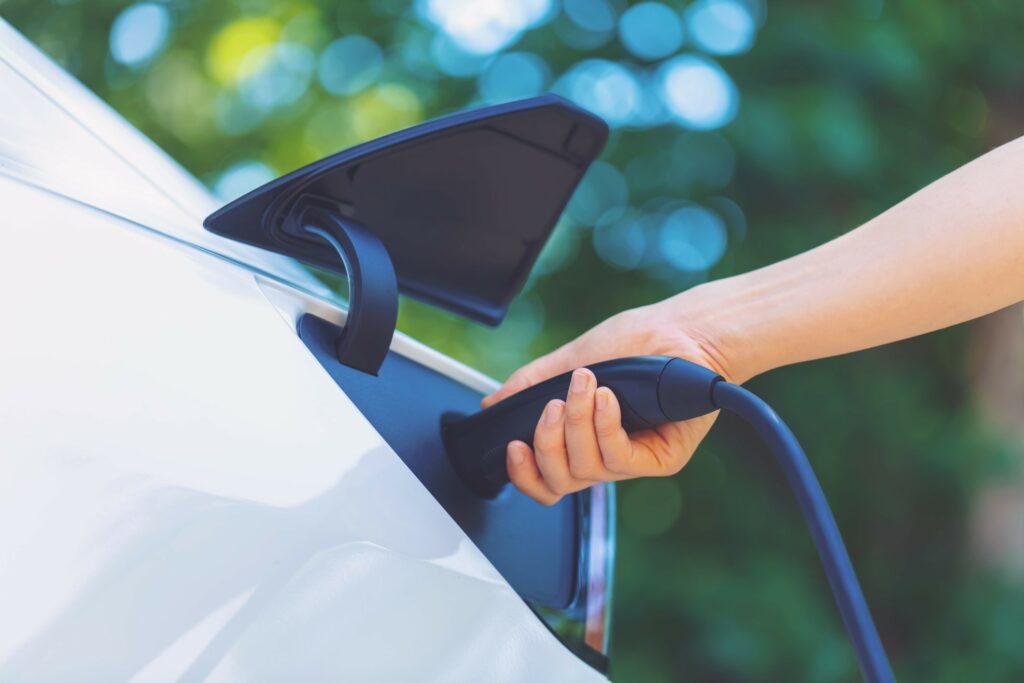Across the north of Scotland and central southern England alone, the number of electric vehicles (EV) is likely to increase to over 5 million by 2050.
Scottish and Southern Electricity Networks (SSEN) has published two new reports looking at the impact of net zero targets – 2050 in England and 2045 in Scotland – on the uptake of low carbon technologies and their impact on the grid.
These found that the number of EVs is likely to increase from around 30,000 currently in its distribution area to over 5 million. Similarly, the number of heat pumps will grow from 32,000 now to over 2.47 million.
There will also be a dramatic increase in local renewables, which according to the reports – undertaken by sustainable energy experts REGEN – will jump from 5GW in 2019 to 17.8GW of local renewables.
Ray Arrell, REGEN’s head of technical development who led the team behind the reports, added that they “reflect the unprecedented rate of change within the UK electricity system”.
“Already we have seen a massive shift in generation towards renewable energy technologies. This is set to continue and will further drive down the carbon intensity of electricity, which will in turn enable the decarbonisation of transport and heat with the rapid adoption of electric vehicles and heat pumps. Meanwhile new technologies such as battery storage and hydrogen electrolysis are moving from speculative project enquiries to on-the-ground deployment.”
With this dramatic shift in technologies, the amount of electricity demand in the UK’s electricity networks is expected to treble according to recent analysis from the Committee on Climate Change.
As such, understanding how this technology shift is happening and preparing for the following increase in demand is essential for DNOs. SSEN is intending to use these new reports – which use National Grid’s Future Energy Scenarios as a framework – to identify likely outcomes of net zero for grid management.
Andrew Roper, SSEN’s Distribution System Operation director, said the reports are “valuable tools in informing and supporting the communities we serve transition to net zero in a secure and cost-effective manner”.
“This will mean a significant increase in EVs on the roads which will require charging infrastructure, heat pumps in our homes and small-scale renewables on our rooftops.”
The report is publicly available as “data sharing will be critical in the net zero journey,” added Roper, and SSEN is sharing the findings with local authorities, regional stakeholders, and the UK and Scottish governments.






